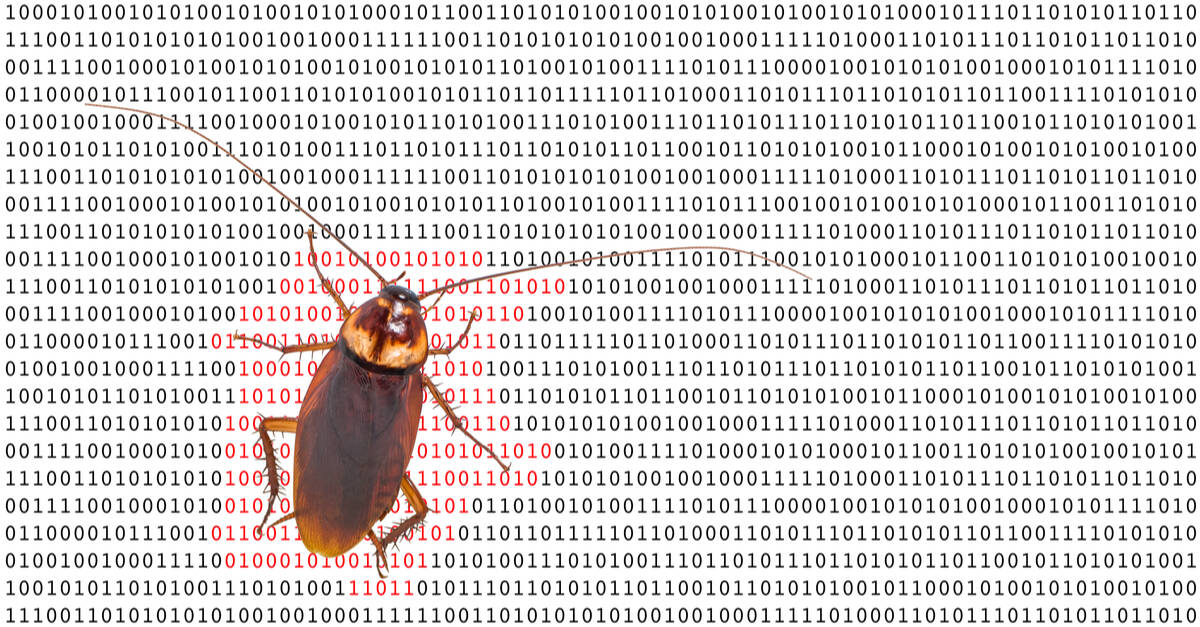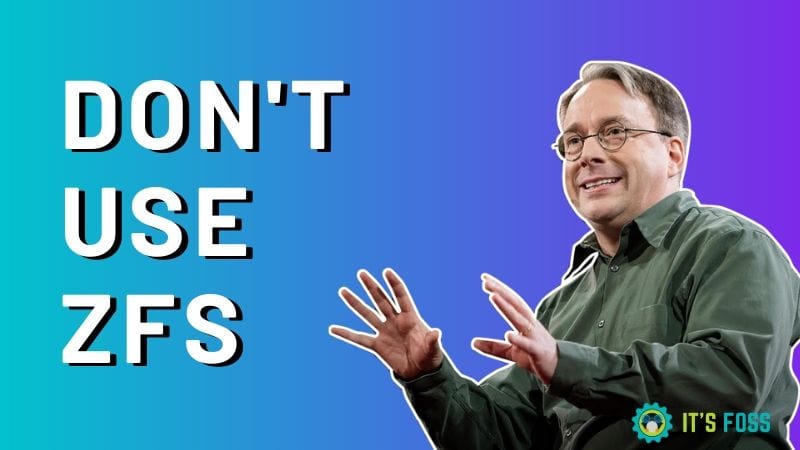Originally posted by muncrief
View Post
You find when was the last time some thing with a GPLv2 incompatible license was allowed into the mainline kernel? Last you find is firmware when firmware was in the mainline tree that 6 years ago.
Then when you go back to something that is not firmware. ZFS of course is not firmware. This takes you back to before the year 2000 to a AIX file system that has been removed from current day Linux kernel.
muncrief for file systems in the Linux kernel exceptions to the GPLv2 license has not been made for over 2 decades. Yes this is before ZFS exists as code.
So really the other exceptions claim does not hold up. Since the split of firmware and main kernel into different git repositories there is no new exceptions at all being made in the mainline Linux kernel.
At this point we can mostly say that Linus and Linus future replacement will not accept the CDDL license of OpenZFS and there is a key reason for this.
Aside from that, individual files can be provided under a dual license, e.g. one of the compatible GPL variants and alternatively under a permissive license like BSD, MIT etc.
Its not Just OpenZFS CDDL on the wrong side of the Linux kernel rules. Please note Linus did not write these rules for licenses. You have to look straight at the Linux Foundation legal department this is why Linux kernel lead maintainer changing will change nothing.
By the way you see the Andrew File System mentioned in arguments this comes into the Linux kernel after 2000 but it source code in the Linux kernel has always been licensed GPL-2.0or later so Linux kernel license compatible.
This is the problem the Linux kernel has progressively cleaned house of the exceptions. Now that mainline Linux kernel has no more exception code left you now want to add one..... See the screwed problem here for OpenZFS if it remains CDDL for the kernel parts and attempt to mainline merge.
OpenZFS has had it own destroying data issues as well.
Issues with file systems is not all users will hit the issues that cases data to vaporize. The ones who don't hit the issues will claim the file system is good. The ones that hit the issues will claim it bad.
Hard reality we don't have the tools to validate that a file system is storing data safely. This does mean that backups are critical and the process of doing backups is even more of a pain in the ass and time consuming once you start doing everything you should to reduce file system date destruction risk.




Comment